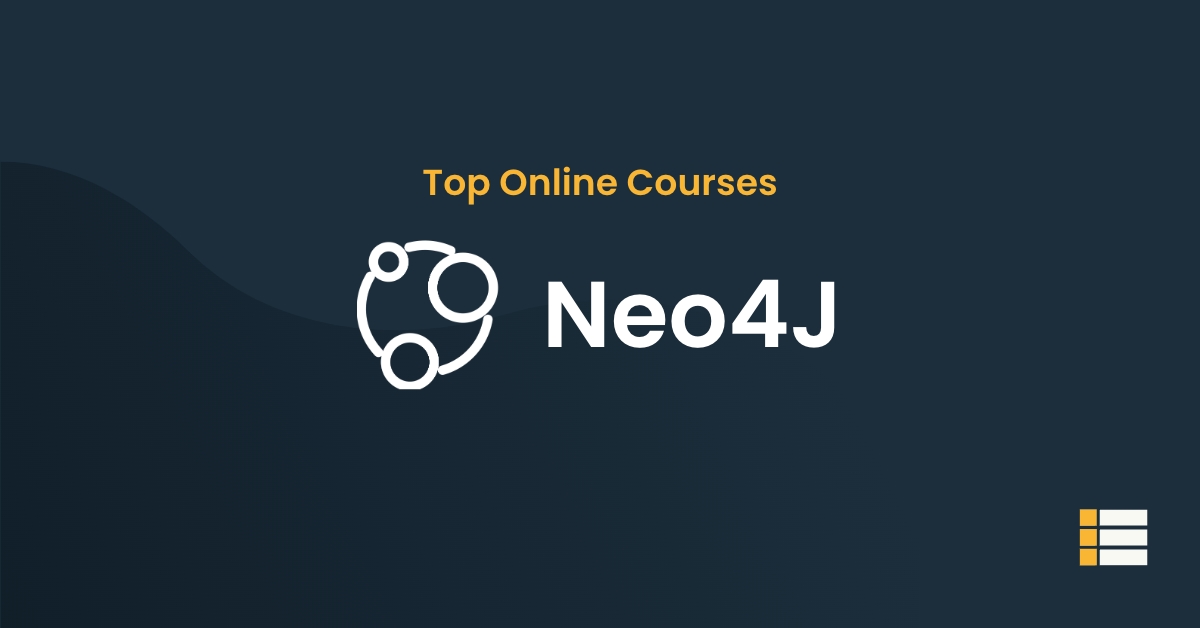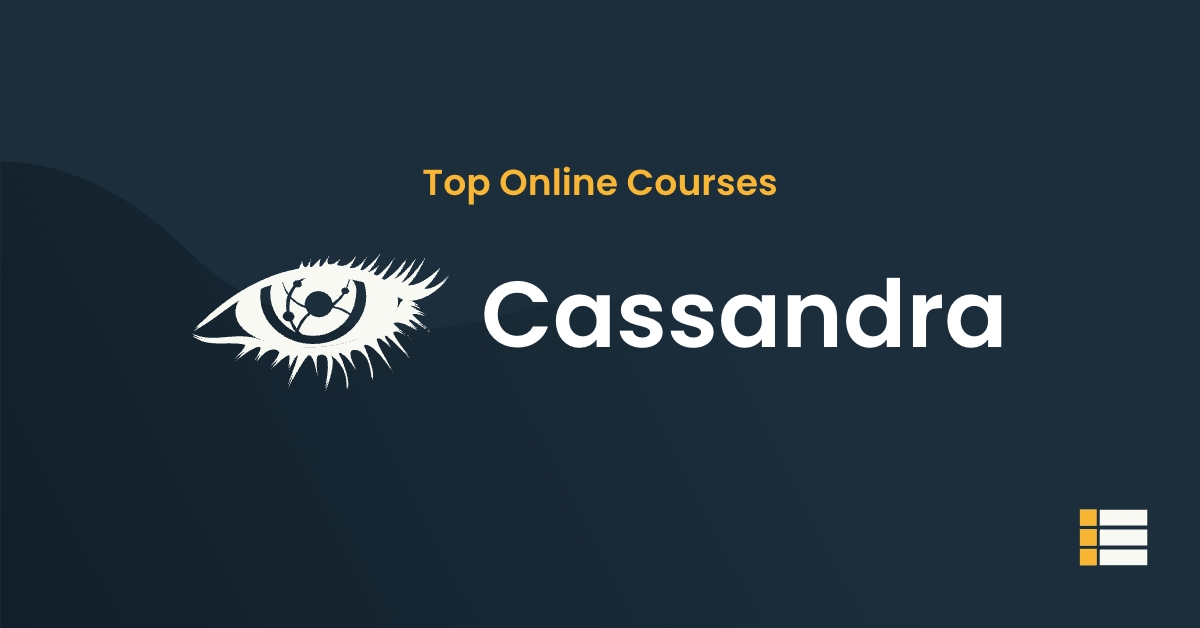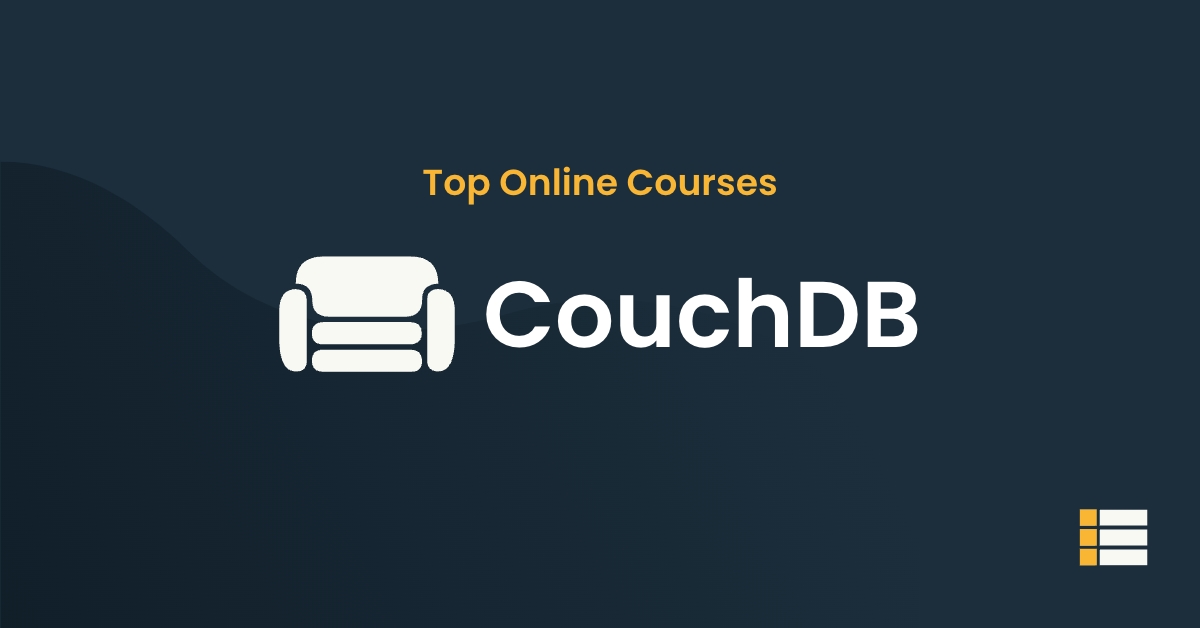NoSQL databases are becoming increasingly popular as organizations look for more efficient ways to store and access their data.
So, let’s dive into the world of NoSQL and discover the true power of this powerful data storage system.
Table of Contents
Learning NoSQL Online: A Student’s Guide
What is NoSQL?
NoSQL is an acronym for “Not Only SQL” and is used to refer to a wide range of database technologies that are not based on the traditional relational model.
Unlike traditional relational databases, NoSQL databases are often non-tabular, meaning they are not organized in rows and columns.
- They are also often distributed and can scale horizontally, making them well-suited for storing and managing large amounts of data.
- NoSQL databases are often faster and more efficient than traditional relational databases, as they can be configured to process large amounts of data quickly.
They also have the ability to handle unstructured and semi-structured data, which can be difficult for traditional databases to manage.
Additionally, these databases are often much more cost-effective than their relational counterparts.
Common Use Cases for NoSQL
NoSQL databases are increasingly being used in various industries and for many different use cases.
Here are some of the most common use cases for NoSQL databases:
- Web Applications: NoSQL databases are great for web applications as they provide high performance, scalability, and flexibility. They are used to store large amounts of unstructured data, such as user profiles, product information, and content. NoSQL databases make it easier for developers to quickly access and update data without having to worry about complex SQL queries.
- Mobile Applications: NoSQL databases are increasingly being used in mobile applications as they are more flexible than traditional relational databases. They can easily handle unstructured data, such as user profiles, location data, and other types of data. NoSQL databases also provide better performance and scalability than relational databases, which makes them better suited for mobile applications.
- Big Data Analytics: NoSQL databases are great for Big Data analytics because they are designed to handle high volumes of data. NoSQL databases are ideal for storing large amounts of structured and unstructured data, which makes them perfect for data analysis and data mining. NoSQL databases also provide high performance and scalability, which is essential for big data applications.
- Cloud Computing: NoSQL databases are a great choice for cloud computing applications as they are designed to be highly scalable and provide high performance. They are often used to store large amounts of data in the cloud and make it easier for developers to quickly access and update data.
- IoT Applications: NoSQL databases are great for IoT applications as they can easily handle unstructured data, such as sensor data, device metadata, and other types of data. NoSQL databases also provide better performance and scalability than traditional relational databases, which makes them better suited for IoT applications.
Popular NoSQL Databases
Let’s take a look at some of the most popular NoSQL databases and what makes them so special:
MongoDB
MongoDB is an open-source document-oriented NoSQL database. It is one of the most popular NoSQL databases due to its scalability, high-performance, and flexibility.
MongoDB is a distributed database that can support large volumes of structured and unstructured data. It is also a highly available system, with automated failover and redundancy. See our list of MongoDB Courses if you are interested to learn this database.
Redis
Redis is an open-source, in-memory data structure store. It is used as a database, cache, and message broker and is one of the most popular NoSQL databases.
Redis is unique in that it stores all data in-memory, making it extremely fast and efficient. It also supports a wide range of data structures, such as lists, maps, sets, and more. See our list of Redis courses for online courses about Redis.
CouchDB
CouchDB is an open-source NoSQL database designed for scalability and high availability. It is a document-oriented database that stores data in JSON documents with dynamic schemas.
CouchDB is different from other databases in that it is designed to handle conflicts that occur when multiple users access the same document.
It also provides powerful features such as map/reduce, replication, and indexing for full-text search. See our list of CouchDB courses here.
Apache Cassandra
Apache Cassandra is an open-source distributed NoSQL database. It is a highly scalable and fault-tolerant database that is designed to handle large volumes of data.
Cassandra is a column-oriented database that stores data in rows and columns. It also has a masterless architecture, meaning that it is able to handle any type of workload without the need for a master node.
Neo4j
Neo4j is a graph database that stores data in a network of nodes and relationships. It is unique in that it uses a declarative query language that allows users to query the data in a more natural way.
Neo4j also has powerful features such as full-text search, graph visualization, and clustering algorithms. See Neo4J courses here.
NoSQL Learning Resources
So, if you’re interested in learning NoSQL and taking advantage of its many benefits, here are some useful NoSQL learning resources that can help you get started.
- Tutorials Point: This website offers comprehensive tutorials on NoSQL databases and related technologies. Tutorials Point features tutorials on MongoDB, HBase, Cassandra, Neo4j, and more. It also provides a detailed introduction to NoSQL, making it ideal for beginners.
- MongoDB University: MongoDB University is a great place for anyone who wants to learn about MongoDB. It offers free online courses that cover topics such as data modeling, indexing, replication, and more. Additionally, the university also has an active community where learners can discuss their queries and problems with each other.
- DataCamp: DataCamp is an online platform that provides interactive courses on data science and programming. It has an extensive course on NoSQL, which provides a comprehensive overview of the subject and covers various NoSQL databases such as MongoDB, Cassandra, and Neo4j.
- The Little MongoDB Book: This book is an excellent source for anyone looking to learn MongoDB. It provides an easy-to-follow guide to MongoDB and covers topics such as data modeling, indexing, and more.
- Neo4j Graphacademy Online Learning: Neo4j Online Learning is a great resource for anyone interested in learning about the popular graph database Neo4j. It provides a variety of courses ranging from beginner to advanced levels.
- NoSQL Data Modeling Techniques: NoSQL Data Modeling Techniques is a book by Dan Sullivan that provides detailed explanations on designing data models for NoSQL databases. It covers various data modeling techniques and provides tips on how to optimize your NoSQL database.
- NoSQL Database basics by IBM on edX
- Courses for NoSQL: Beginner NoSQL – Skillsoft
- Freecodecamp NoSQL Database Tutorial – Full Course for Beginners on Youtube
Learning NoSQL is a great way to stay ahead of the curve and make sure that your business is leveraging the latest technologies.
With the help of these resources, you’ll be able to quickly and easily get up to speed with NoSQL and start taking advantage of its many benefits.
Frequently Asked Questions
How can I learn NoSQL?
There are also many online tutorials, tutorials on popular NoSQL databases such as MongoDB, and online courses from universities, companies, and resources such as Coursera and Udemy. Additionally, attending conferences and meetups are also great ways to learn more about NoSQL.
How long will it take to learn NoSQL?
Learning NoSQL can take anywhere from a few hours to several weeks, depending on the level of expertise desired. For someone with a basic understanding of databases, a few hours of reading, practice, and self-study should be enough to understand the basics of NoSQL. If more advanced skills are desired, such as the ability to design, build, and query databases, then a more comprehensive course of study will be required, and could take several weeks or longer.
Is NoSQL hard to learn?
NoSQL is not particularly difficult to learn, as it does not require any specialized programming knowledge. Instead, it is based on familiar concepts such as tables, rows and columns, which makes it easy to grasp. Additionally, since NoSQL databases are schema-less, it requires less time to set up and run, making it more accessible than a traditional SQL database.
What are the 4 NoSQL types?
There are four main types of NoSQL databases: key-value stores, document stores, column family databases, and graph databases. Key-value stores store data in the form of a key and a value, which can be retrieved based on the key. Document stores are used to store and retrieve semi-structured documents, such as JSON, XML, and HTML. Column family databases are used to store and retrieve data that is organized into columns and rows. Finally, graph databases store and retrieve data that is organized into nodes, edges, and properties.
What is meant by NoSQL?
NoSQL (or "Not only SQL") is a type of database that is different from traditional relational databases. Unlike relational databases, NoSQL databases are non-relational and do not use SQL for querying data. Instead they use an array of different models such as key-value stores, graph databases, document databases and columnar databases, which allow users to store and access data in more flexible and dynamic ways. NoSQL databases also tend to scale more easily than traditional databases, making them more desirable for larger and more complex datasets.
What is difference between SQL and NoSQL?
The primary difference between SQL and NoSQL is the way in which data is stored and accessed. SQL databases are typically organized into tables, with rows and columns, and transactions are often written in Structured Query Language (SQL). NoSQL databases store data in a more flexible, document-oriented format that may lack the same relational structure as SQL databases. This flexibility makes NoSQL databases ideal for applications that need to manage unstructured data, such as data from online sources or streaming data applications. Additionally, NoSQL databases often offer enhanced scalability and performance.
What is NoSQL good for?
NoSQL is a type of database that is designed to store and access data in a non-relational way, making it suitable for large datasets that don't fit a traditional relational model. It is particularly good for applications that require quick read and write performance, such as real-time analytics, big data applications, and content management systems. It is also well-suited for distributed systems that need to scale quickly, create dynamic schemas, and store unstructured data.
Conclusion
In conclusion, learning NoSQL online is a great way to quickly and efficiently learn a new technology.
It can be done for free or for a minimal cost through tutorials, courses, and ebooks. It is also a great way to stay up-to-date with new technologies and to broaden one’s technical knowledge.
Ultimately, learning NoSQL online has a lot to offer and can be a great way to further one’s career.

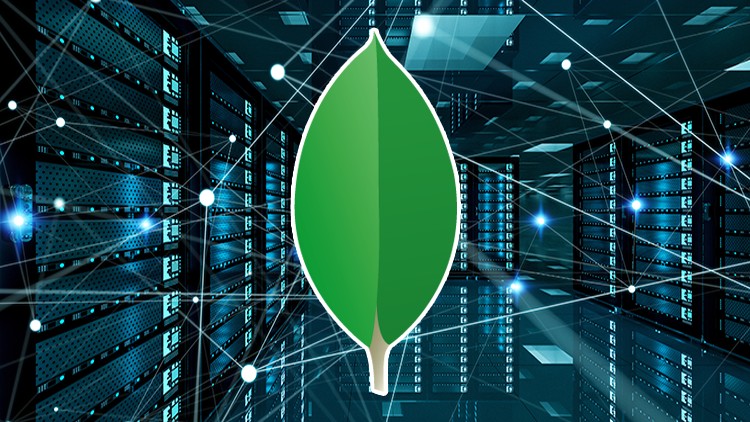
 Online course by
Mark Nielsen
Online course by
Mark Nielsen

 Online course by
Bruce E. Hilton
Online course by
Bruce E. Hilton
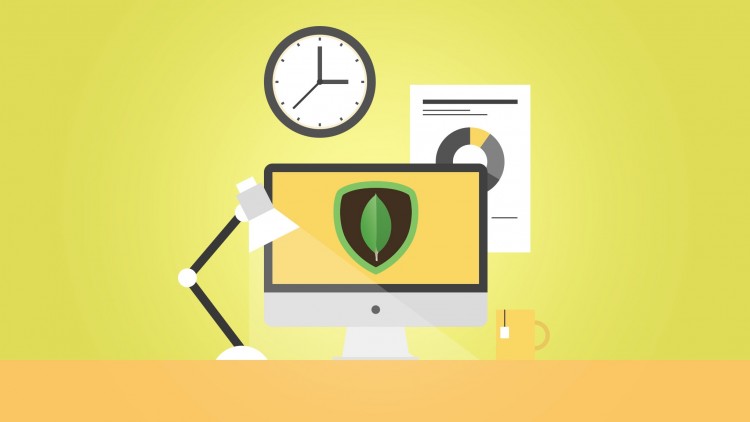
 Online course by
Sunil Kumar Gupta
Online course by
Sunil Kumar Gupta
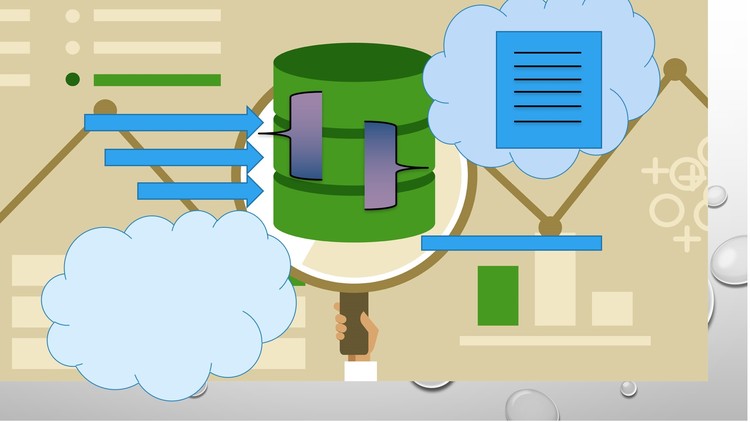
 Online course by
Guha Rajan M., B.Engg, MBA, PMP
Online course by
Guha Rajan M., B.Engg, MBA, PMP
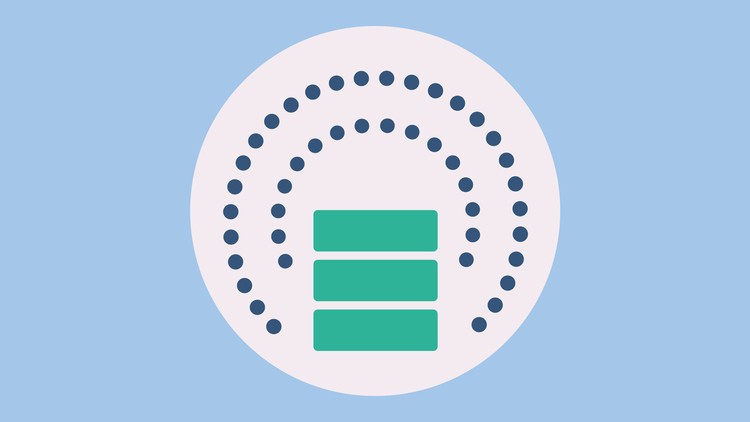
 Online course by
Bluelime Learning Solutions
Online course by
Bluelime Learning Solutions

 Online course by
Bigdata Engineer
Online course by
Bigdata Engineer
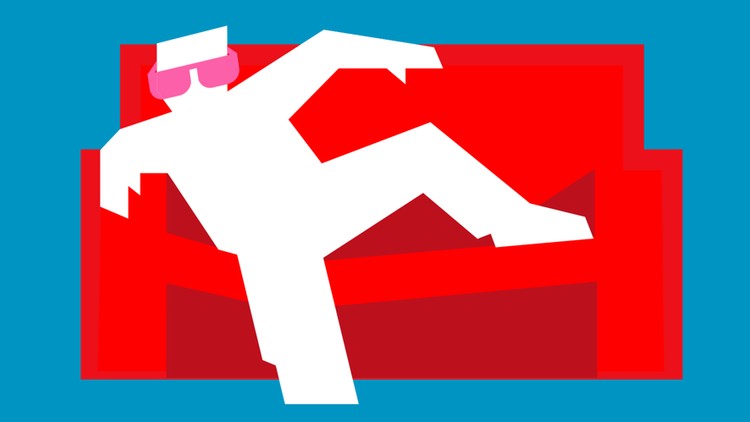
 Online course by
Techno Crats
Online course by
Techno Crats

 Online course by
Bruce E. Hilton
Online course by
Bruce E. Hilton

 Online course by
Jaleel Ahmed
Online course by
Jaleel Ahmed
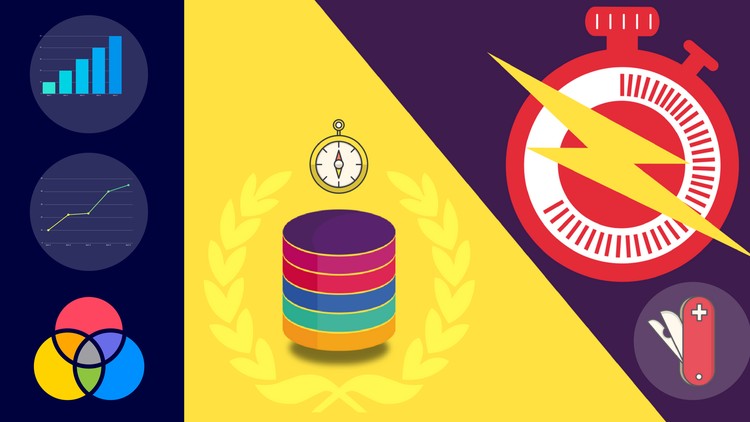
 Online course by
Gandhi Kumarasamy Sezhian
Online course by
Gandhi Kumarasamy Sezhian
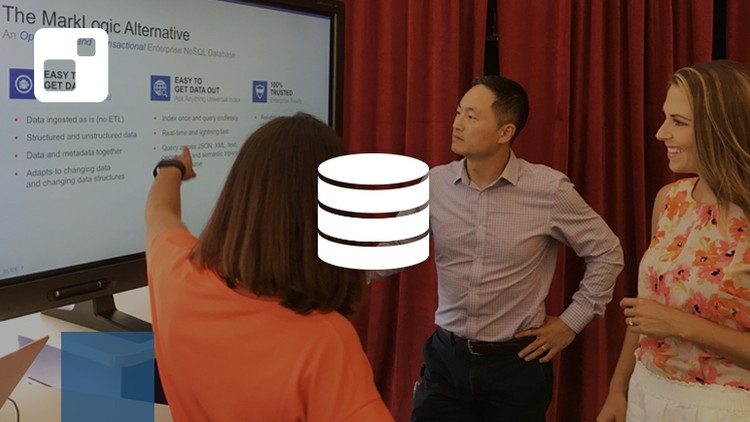
 Online course by
MarkLogic University
Online course by
MarkLogic University

